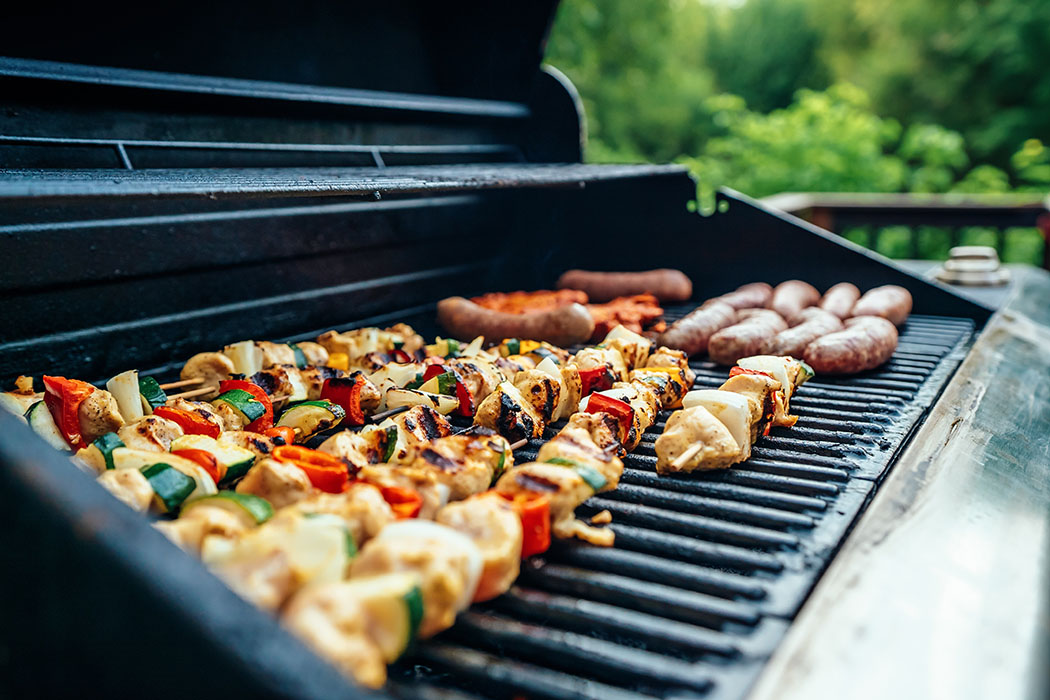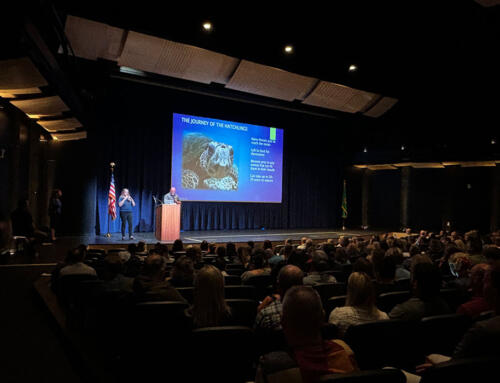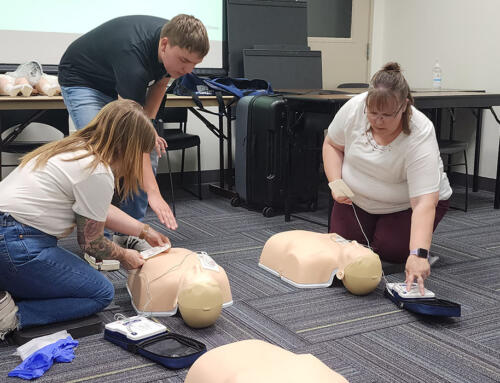Stay happy and healthy during your picnic or barbecue this season.
Memorial Day weekend means the beginning of grilling season for many Americans. For some, this also could mean a bout with foodborne illness. The Centers for Disease Control and Prevention (CDC) reports that 48 million people across the United States contract a foodborne sickness each year. Of those, 128,000 are hospitalized and 3,000 die. Follow these ten tips to keep your family and friends safe.
1. Prepare and clean
Before preparing food, it’s important to wash your hands, utensils and prep surfaces with soap and water. This reduces the risk of contaminating your food with germs that could cause food poisoning.
2. Rinse fruits and vegetables
Wash fruit and veggies in cool tap water before eating to eliminate any bacteria. This includes washing produce like melon before you slice or peel it to make sure bacteria isn’t transferred from the knife to your fruit or veggies.
3. Avoid cross-contamination
Eggs, raw meat, poultry and seafood can be breeding grounds for foodborne bacteria. Be sure to use one plate for the raw stuff and a separate, clean plate for the newly cooked foods. When preparing these foods, be sure to use separate knives, plates and cutting boards. You should also keep them separated from other foods in your refrigerator.
4. Cook meats to correct temperatures
When cooking meat, you can’t tell if it’s done by looking at color and texture alone. Instead, use a food thermometer. According to the Centers for Disease Control and Prevention (CDC), here are the safe minimum internal temperatures your foods need to reach to destroy harmful bacteria:
- 145°F for whole cuts of beef, pork, veal, and lamb.
- 160°F for ground meats, such as beef and pork.
- 165°F for all poultry, including ground chicken and turkey.
- 145°F for fish
5. Use clean utensils for serving food
When you’re finished cooking, don’t use the same utensils that handled your raw meat or eggs. Instead, grab clean serving utensils and a clean plate or platter.
6. Keep hot foods hot
Hot foods should be kept at or above 145°F. To accomplish this, keep your grilled items on the grill (but away from direct heat) to keep them warm or store them in an insulated container.
7. Keep cold foods cold
Nobody wants to eat that potato salad you left sitting in the sun all afternoon. Cold foods should be kept below 40°F. Store cold items in a cooler or serve them in a shallow pan filled with ice.
8. Put leftovers away quickly
Stash perishable food in the refrigerator ASAP. Food like cooked or raw meats and salads should never be left out at room temperature for over 2 hours. When the weather gets hot — above 90 degrees Fahrenheit — your window for leaving food lying out is only 1 hour. Toss any unrefrigerated food if it surpasses the time limit.
9. Don’t re-use marinades
During the summer, meats and poultry are oftentimes marinated then grilled. Be sure to discard used marinade—this will prevent raw meat juices getting on your cooked food. If you plan on using the marinade as a sauce for cooked meat, reserve some before marinating the meat.
10. Defrost meats properly
Leaving raw meat and poultry on the countertop to defrost will only allow dangerous food bugs to grow. Plan ahead and defrost meat 1-2 days in advance in the refrigerator.




